BOONE, N.C. — Following 12 years of care and anticipation, Appalachian State University’s rare corpse flower graced observers with a long-awaited bloom on Friday, Nov. 24.
Officially classified as titan arum, and scientifically known as Amorphophallus titanum, the corpse flower’s bloom was its first since arriving at the Department of Biology Greenhouse in 2011.
Greenhouse staff first noticed the outer covering of the plant, called the spathe, beginning to unfurl on Nov. 3. The staff then invited the public to view the flower firsthand or via livestream and shared updates on social media during the weeks leading up to the bloom.
It was estimated that approximately 3,000 people visited the corpse flower at the greenhouse, and at times, the waiting line extended all the way around the greenhouse and past the adjacent compost shed.
“When you have something as special as this, people come to see it,” said longtime greenhouse volunteer Chad Wunderlich.
Native to the Indonesian island of Sumatra, titan arum is the world’s largest unbranched inflorescence, which is a floral structure composed of many smaller flowers. Commonly referred to as a corpse flower, a blooming titan arum emits a powerful stench that attracts pollinators such as flies and carrion beetles.
Most corpse flowers require seven to 10 years to produce their first blooms. Once titan arum reaches maturity, it has an unpredictable blooming cycle, typically blooming once every few years. The average bloom lasts only two to three days, with the peak growth and odor occurring at night into early morning.
In 2018, the International Union for Conservation of Nature listed titan arum as endangered, estimating that only 1,000 plants remain in the wild due to the destruction of native forest habitat. Given its rare status and infamous aroma, the corpse flower is a popular attraction at many conservatories across the United States.
“There are still conscientious people all over the world who recognize how important both wild and cultivated plants are and the need to protect them,” said App State Biology Greenhouse Manager Jerry Meyer. “We here at App State help contribute to conservation efforts by conducting rare plant research through growing and preserving threatened species like the corpse flower.”
The biology department named the corpse flower Mongo in honor of Meyer, who received the nickname in high school — a play on the 1970s rock band Mungo Jerry.
“There can be no argument that plants provide us with the means to survive — the air we breathe, the food we consume and the clothing we wear,” said Meyer. “We simply would cease to exist without these tremendous gifts from our botanical friends.”
The corpse flower came to App State from the Atlanta Botanical Garden through a connection with Wunderlich, who said it was propagated by tissue culture — a cultivation method in which fragments of plant tissue are transferred to an artificial environment where they can survive and function.
Mongo first arrived at the greenhouse as a fist-sized corm — a swollen underground stem resembling a potato — and has since grown to weigh 30 pounds with a diameter of 18 inches.
“Plants tell a story about nature, life and a lot of things, and they have a way of drawing people in,” said Wunderlich. “This particular plant has been of interest for a very long time in the plant world, so to wait this long to get to a point where it actually brings forth a flower is quite rewarding.”
The Department of Biology Greenhouse has more than 1,400 species from around the world, and Mongo is just one of more than 100 species in the facility’s collection that are considered threatened in their natural habitats. Mongo will be moved to the new Conservatory for Biodiversity Education and Research at App State’s Innovation District upon the facility’s completion, which is slated for 2025.
“This is going to be around for generations to come,” said Wunderlich. “Those who saw it this time around can come back and see it again in its new home, and those who missed it can come back and see it for the first time. I’m confident Mongo will continue to bring the community together and we can continue to learn about conservation.”
App State’s rare corpse flower (Amorphophallus titanum), known as Mongo, bloomed at the Department of Biology Greenhouse on Nov. 24. It was the flower’s first bloom since arriving at App State in 2011. This time-lapse video captures Mongo’s peak growth and bloom from Nov. 13–29.
What do you think?
Share your feedback on this story.
About the Department of Biology
The Department of Biology is a community of teacher-scholars, with faculty representing the full breadth of biological specializations — from molecular genetics to landscape/ecosystem ecology. The department seeks to produce graduates with sound scientific knowledge, the skills to create new knowledge, and the excitement and appreciation of scientific discovery. Learn more at https://biology.appstate.edu.
About the College of Arts and Sciences
The College of Arts and Sciences (CAS) at Appalachian State University is home to 17 academic departments, two centers and one residential college. These units span the humanities and the social, mathematical and natural sciences. CAS aims to develop a distinctive identity built upon our university's strengths, traditions and locations. The college’s values lie not only in service to the university and local community, but through inspiring, training, educating and sustaining the development of its students as global citizens. More than 6,800 student majors are enrolled in the college. As the college is also largely responsible for implementing App State’s general education curriculum, it is heavily involved in the education of all students at the university, including those pursuing majors in other colleges. Learn more at https://cas.appstate.edu.
About Appalachian State University
As a premier public institution, Appalachian State University prepares students to lead purposeful lives. App State is one of 17 campuses in the University of North Carolina System, with a national reputation for innovative teaching and opening access to a high-quality, cost-effective education. The university enrolls more than 21,000 students, has a low student-to-faculty ratio and offers more than 150 undergraduate and 80 graduate majors at its Boone and Hickory campuses and through App State Online. Learn more at https://www.appstate.edu.
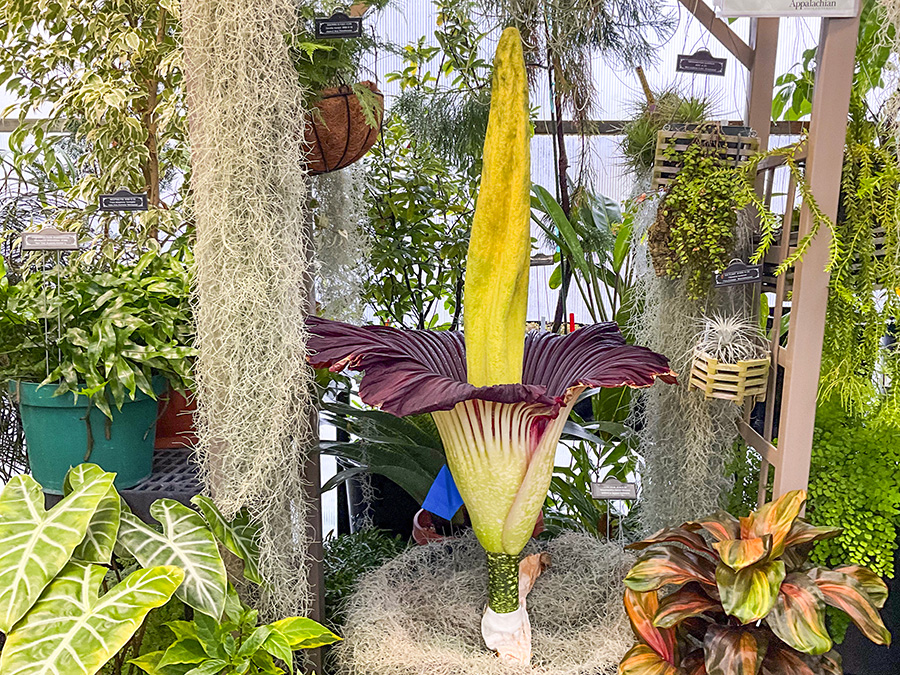
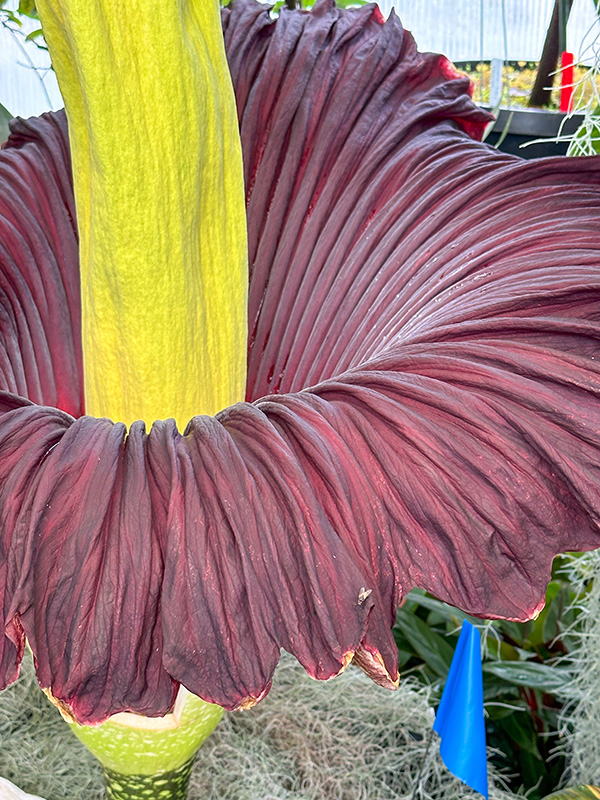
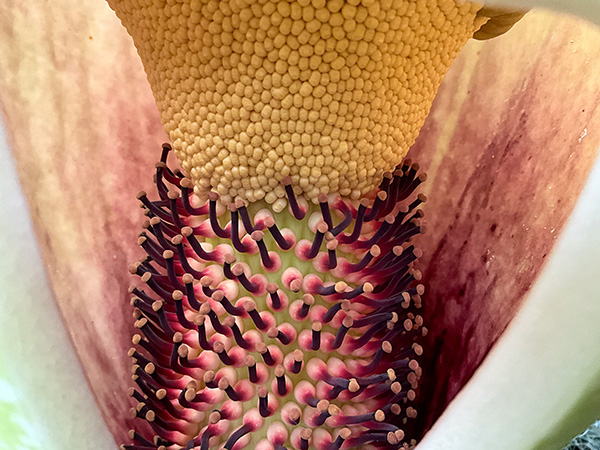
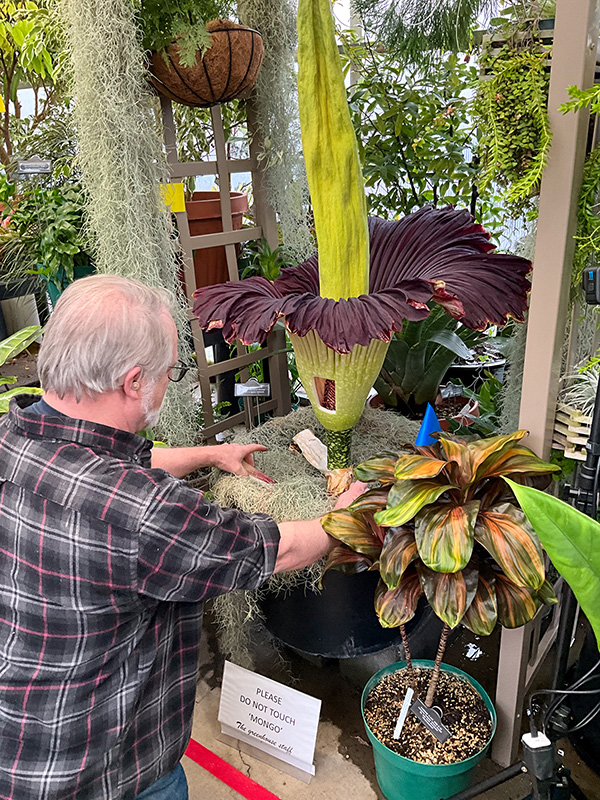
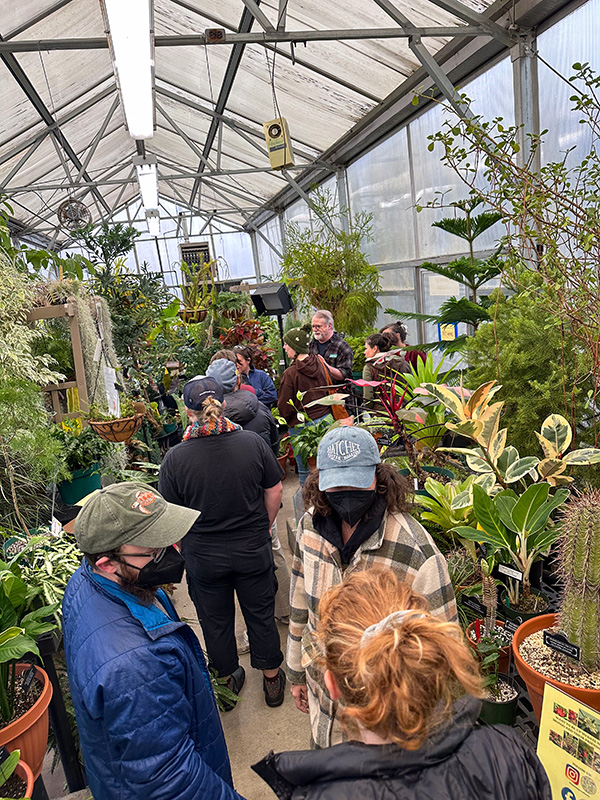
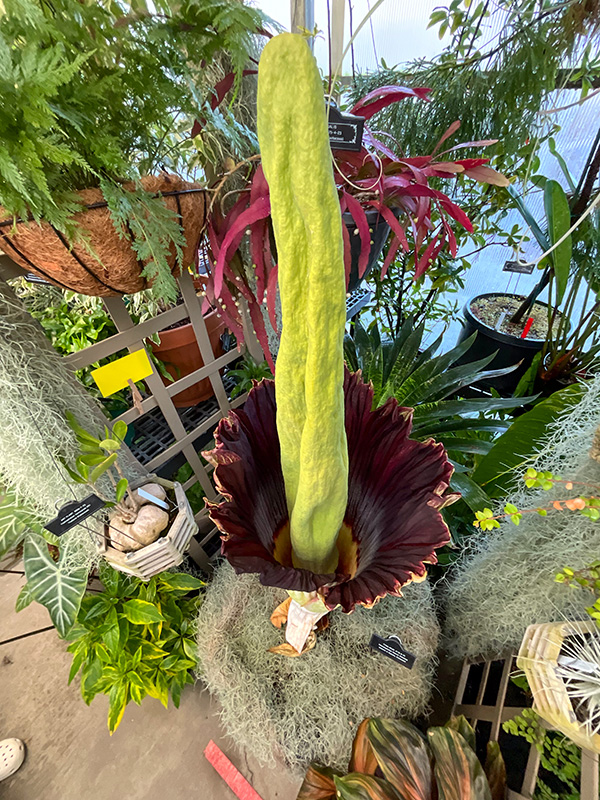

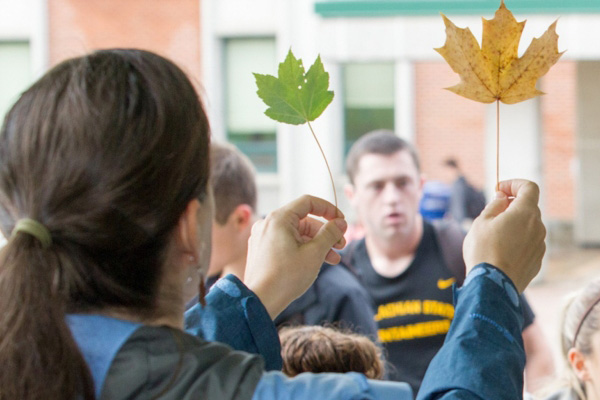


![How NCInnovation Is Rethinking Economic Development in North Carolina [faculty featured]](/_images/_posts/2026/02/rethinking-economic-development-600x400.jpg)








